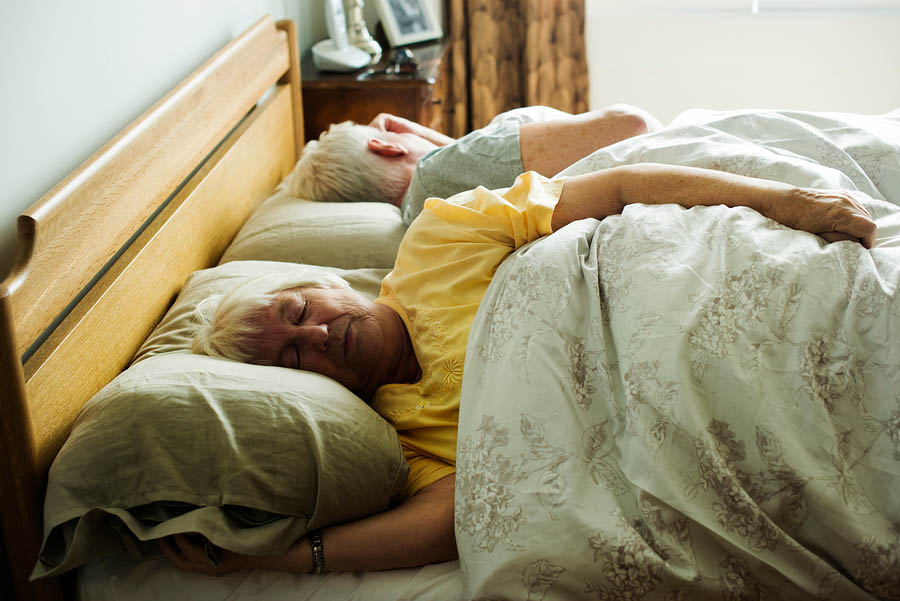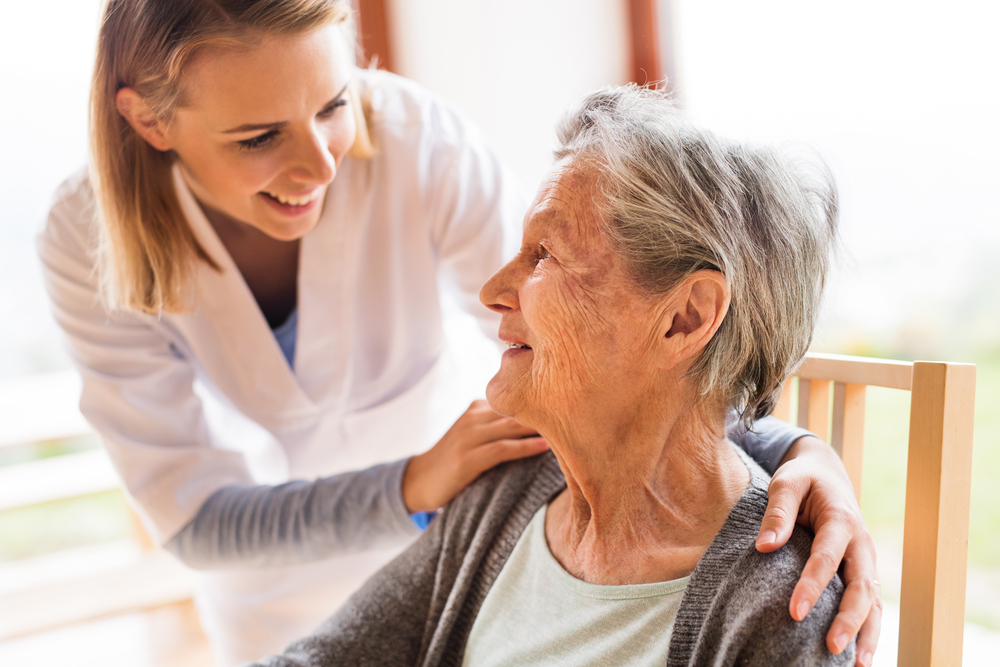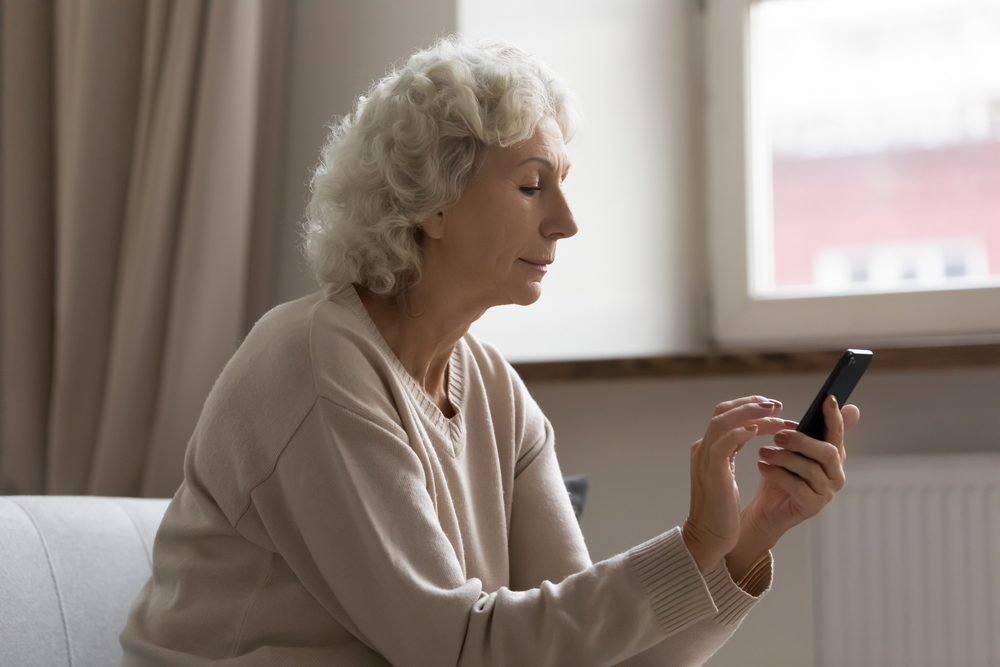Confusion and Anxiety in the Elderly at Night
Category:

When the sun goes down, the feeling of unease can creep into anyone’s mind, but the evening hours can cause both confusion and anxiety in the elderly for a number of reasons, so for caregivers, it’s important to understand why this happens and what can be done to help.
What to Look for When It Comes to Anxiety in the Elderly
Because older adults tend to have medical conditions that affect their physical condition, it can be difficult to recognize a mental condition such as anxiety. Not to mention a lot of older adults don’t like to admit to having concerns about their mental health. They may see this as a weakness or something that should be kept to themselves.
As a caregiver, you may have to play detective to determine if there is any issue with your loved one. Some of the symptoms you can look for include the following:
- Being overly concerned about small things in their life
- Not being able to let things go and fretting about things all the time
- Not being able to sleep due to thoughts racing through their head
Sometimes combined with anxiety is confusion in the elderly at night. They may not understand where they are, what is going on, or even who someone is. This can be distressing for them and their loved ones.
Confusion in the evening hours is often called sundowning. While this is not a disease, it is a condition that affects many with dementia. With this condition, you may notice confusion that starts in the late afternoon and goes into the evening hours.
This confusion can also include anxiety and even aggressive behavior. It is believed that the condition is aggravated by low lighting, being tired, and increased shadows. It can be difficult for someone with sundowning to distinguish between dreams and reality.
Ways to Reduce Anxiety in Elderly at Night
There are ways to reduce your loved one’s anxiety and confusion at night. First off, it is best if you can keep them on a predictable routine during the day and evening. This includes the times they go to bed and get up as well as when they have their meals.
Physical activity can also help prepare them for sleep later in the evening. In addition, you will want to discourage napping during the day so they will sleep better at night. Finally, be sure to limit the amount of sugar and caffeine they drink, and have a no caffeine policy after the morning hours.
Additional tips to reduce anxiety and confusion at night include:
- Using nightlights so they can see their surroundings better
- Reducing background noise
- Bringing familiar items such as pictures when they will be sleeping in a new place
- Playing relaxing sounds or soft music at night
The night can be unsettling for anyone, but as you age, physical and mental health conditions can make the dark seem scarier. By taking a few steps to keep your loved one sleeping well and comfortable in their surroundings, you’ll go a long way to giving them a peaceful night.
Subscribe
Date: May 17, 2018
Category:


